|
After checking out my recent breakfast recipes, you may be asking yourself ‘what’s with all these oatmeal recipes?’ There are a few reasons why I have chosen them:
Firstly, you can have breakfast ready to go in 5 minutes. If you are like me, you don’t have much time in the morning to prepare a warm breakfast and on cold days there’s nothing better. Also, as the days get warmer, you can change to the overnight method and take a cold breakfast with you. Just add the fruit to the jar in the morning and you are ready to go. Secondly, and most importantly, oats are a nutritional powerhouse food. Here’s a list of some health benefits to eating oatmeal every day: 1. Reduces Blood Pressure - One study published in the American Journal of Clinical Nutrition found that a diet which includes plenty of whole-grains, such as oats, is just as effective as taking anti-hypertensive medication to lower blood pressure! 2. Reduces Cholesterol -Have you ever heard of soluble fiber? Well, compared to other grains, oats actually have the highest portion of soluble fiber. Soluble fiber helps your intestinal tract trap substances associated with blood cholesterol. Studies show that people with high blood cholesterol who eat just 3 g of soluble fiber per day can reduce their total cholesterol by 8% to 23% (one cup of oats yields 4 g). 3. Reduces Blood Sugar - What does this mean? We have all experienced a “sugar crash”/ “mid morning slump” after a big meal or sugary breakfast; well, with oatmeal, this doesn’t happen as much. As a result of oatmeal’s high soluble fiber content, its sugar is released more slowly into the blood stream. Another added bonus, is because it takes longer to digest, you will feel full longer. Oatmeal’s low glycemic index is one of the best benefits. In fact, one study states that a diet producing a low glycemic response is associated with significantly less insulin resistance and significantly lower prevalence of the metabolic syndrome, risk of type 2 diabetes, and risk of coronary artery disease, than with a diet producing a high glycemic response. 4. Helps control weight - Let’s face it, we could all use some help at times, but did you ever think oatmeal could help control your weight? It’s true! According to a research study published in the October 2009 issue of “Molecular Nutrition & Food Research” a compound in oatmeal known as β-glucan reduces appetite by increasing the hunger-fighting hormone cholecystokinin. Reference: 1. 10 Benefits of Oatmeal You Probably Never Knew, Sarah Bonham, http://www.lifehack.org/articles/lifestyle/10-benefits-oatmeal-you-probably-never-knew.html It's a pretty miserable day out there so here's my Netflix list of my favorite health documentaries:
Karen Here's a quote by Dona Bradley, CSNN director in Nanaimo about the power of sprouts: Sprouts represent the point of greatest vitality in the life cycle of a plant. During sprouting, vitamin and enzyme content increases dramatically. The sprouting process predigests the nutrients of the seed, legume or grain, making it easier to assimilate and metabolize. Here's 10 Things About Sprouts:
I took these still shots off of my TV during the move 'Fat, Sick and Nearly Dead' by Joe Cross. Firstly, this is one of my favorite inspirational movies about the powers of juicing and a plant-based diet. Secondly, this chart is awesome. I tried to find it on Dr. Fuhrman's website but it didn't seem to be there.
Check out the right hand side...those graphs depict reduction in weight and cholesterol levels. It also says THE MOST SUSTAINED WEIGHT LOSS EVER RECORDED IN A MEDICAL STUDY. That's amazing. Even though, I cut it off the two following points are also significant.
Pictured above: Chocolate Bliss Balls and Coconut Macaroon and Orange Slices
Here's why it's important to have a mid-afternoon snack:
What to do:
Today is the first day of Spring. Time to buy some raw local honey and start inoculating yourself with local pollens before the cottonwood flies! Ten Common Sense Tips:
Dietary Considerations:
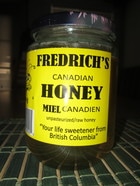 One food to add: Fredrich's Raw Local Honey - This company is in Cedar....this means the bees are collecting pollen from our local trees. Consider taking a tablespoon of local honey every day starting a few months prior to pollen season. This may act as a form of oral desensitization. 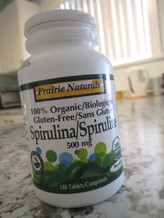 One supplement to add: Spirulina alleviates sinus issues. Spirulina benefits the body by reducing the inflammation that causes people to experience sinus problems, according to numerous studies. Compared to placebo trials, spirulina is effective at reducing itching, nasal discharge, nasal congestion and sneezing. Take as directed on the bottle. References:
Here's some daily stress management techniques to help you reduce your stress. Chronic stress from office work and daily worries can lead to chronic elevated cortisol levels. This leads to weight gain especially around the abdomen. So, reducing your daily stresses and help you reduce your waistline. Here's some tips on how:
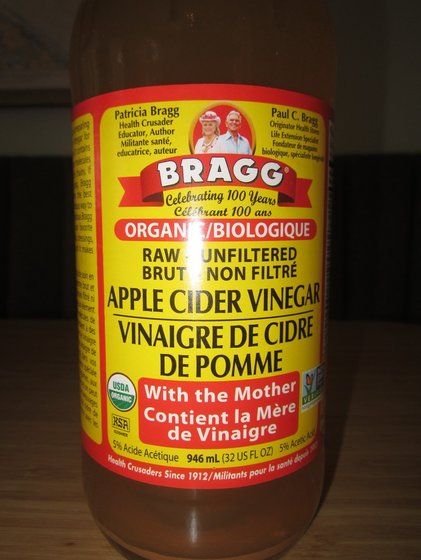 Apple Cider Vinegar:
Check out: www.draxe.com/apple-cider-vinegar-uses for more specific information on each of these uses. My buddy, Catherine, asked me to check that if you just leave your tap water out will the chlorine off-gas from the water overnight thus be chlorine free by the time you drink it. We were discussing the merits of filtering your drinking water along with chlorine and thyroid health. So, I delved into what turned out to be a rather complex topic. Here's a quote from an article from High Times: 'It’s no longer enough to leave your tap water out for day to let the chlorine evaporate, because water is being treated with chloramine, which takes so long to evaporate that other methods of removal or neutralization are needed. Okay, Here's a quote from ThoughtCo. about the merits of chlorine and it's dangers for human consumption: Chlorine is a highly efficient disinfectant, and it is added to public water supplies to kill disease-causing bacteria that the water or its transport pipes might contain....But Harrison says that all this disinfecting has not come without a price: Chlorine introduced into the water supply reacts with other naturally-occurring elements to form toxins called trihalomethanes (THMs), which eventually make their way into our bodies. THMs have been linked to a wide range of human health maladies ranging from asthma and eczema to bladder cancer and heart disease. In addition, Dr. Peter Montague of the Environmental Research Foundation cites several studies linking moderate to heavy consumption of chlorinated tap water by pregnant women with higher miscarriage and birth defect rates. Need more proof? Here's what the Canadian Cancer Society has to say about tap water and cancer. For decades, researchers have studied the long-term effects of using chlorinated tap water. Most studies have shown that when people are exposed to chlorinated water over long periods of time, it slightly increases their risk of bladder cancer. Some studies have also found links to colorectal cancer, but we need more research to be sure of this link. The Canadian Cancer Society recommends the following: You may be able to reduce your exposure to chlorination by-products by: Okay, so this has been my justification to using a water filter. Right now I am using a Brita filter but see the importance of having a complete filtration system and avoiding chlorinated pools. Hope this helps, Catherine. References:
Sirius J., Grow Hack: How to Remove Chlorine From Tap Water, www.hightimes.com, February 12, 2015 Larry West, Why is Chlorine Added to Tap Water, www.thoughtco.com, March 22, 2016 Here's the Link to the Cancer Article: http://www.cancer.ca/en/prevention-and-screening/be-aware/harmful-substances-and-environmental-risks/chlorinated-water/?region=on If you have a varied healthy diet with lots of green vegetables and you do weight bearing exercise regularly like walking or jogging, you are doing a lot to help your bones. One of the reasons we lose calcium from our bones is that it acts as a buffer to keep our blood at the correct pH level. However, calcium is difficult to absorb in supplement form so the body, in it's efficient wisdom, will take calcium from the bones on a as needed basis. Bone density loss can NOT be remedied by supplementing calcium tablets. Bone density is maintained by an intricate interplay of many nutrients including; protein, calcium, phosphorous, magnesium, boron, silicon, vanadium, B-complex vitamins, and vitamins K and D. Calcium needs vitamin D along with other vitamins and minerals to support absorption. If the calcium is not absorbed and utilized, the burden falls on our kidneys to get rid of it. As a result, kidney stones could develop. The best way to ensure absorption is through calcium-rich foods. The easiest way to stop calcium from leaching from your bones is to have an alkaline diet and remove foods and triggers that make the blood more acidic. Three Ways to Alkalinize Your Diet: Foods to Try:
'Phosphorous and calcium have an inverse relationship with each other in the blood. High phosphorous will encourage calcium excretion by the kidneys. While milk might be a good source of calcium, it also has lots of phosphorous, and it lacks magnesium necessary to solubilize calcium. Meat also contains large amounts of phosphorous as do carbonated drinks, and so will be associated with calcium losses.' 2. Avoid coffee, tea, caffeine, and stimulants.
3. Avoid sugar, alcohol, and artificial sweeteners. There are other factors that affect bone density but here is a good start of what you can implement today to protect your bones. Take baby steps today by making some dietary changes to avoid bone loss. Reference: Brenda Lessard-Rhead, Nutritional Pathology, Second Edition, CSNN Publishing, Richmond Hill, Ontario, 2013. |
Photo used under Creative Commons from Wisconsin Department of Natural Resources
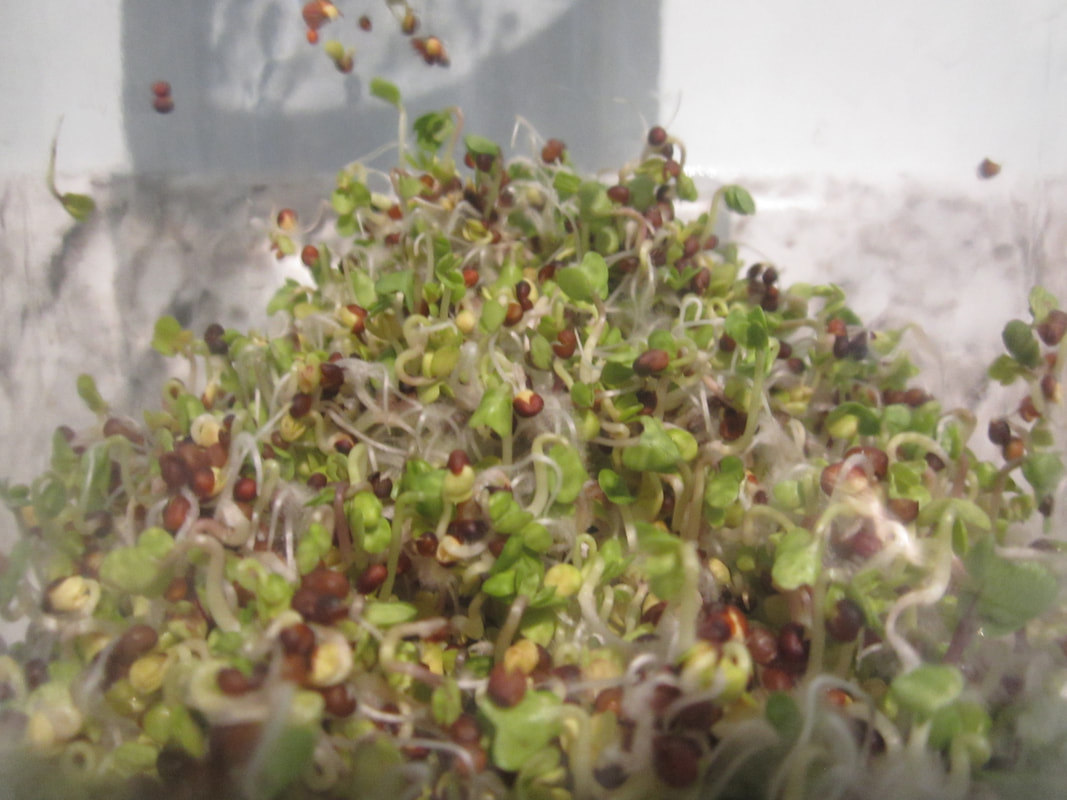
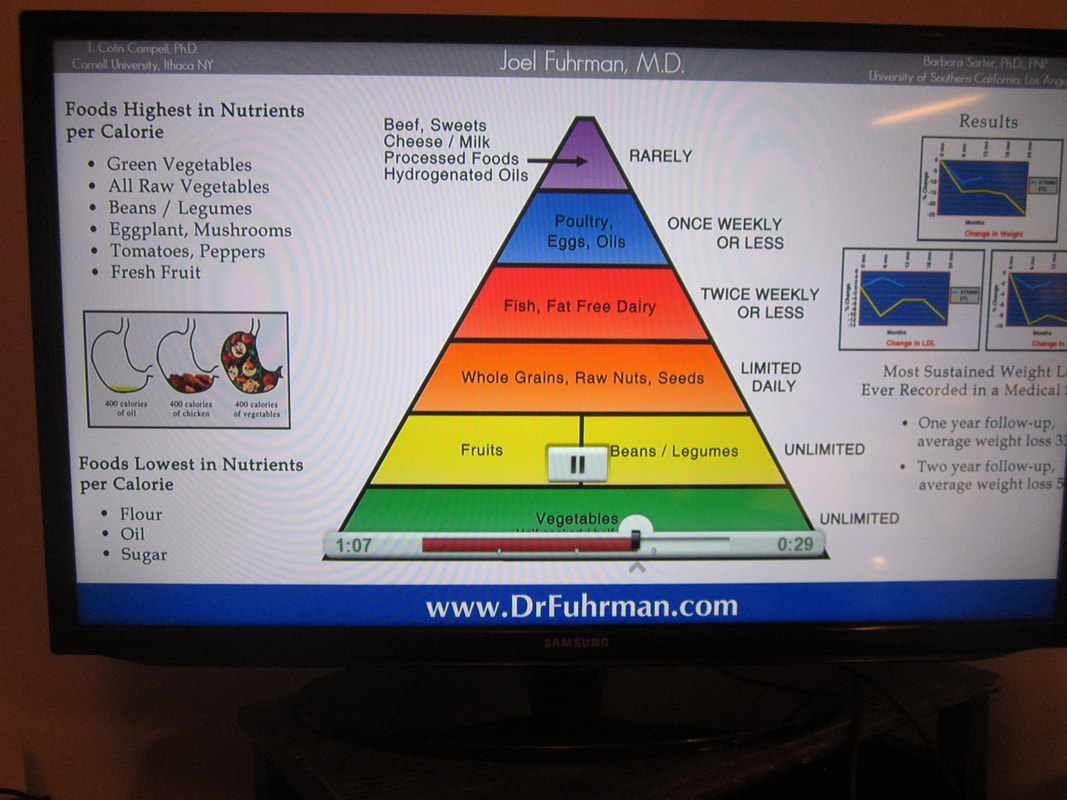
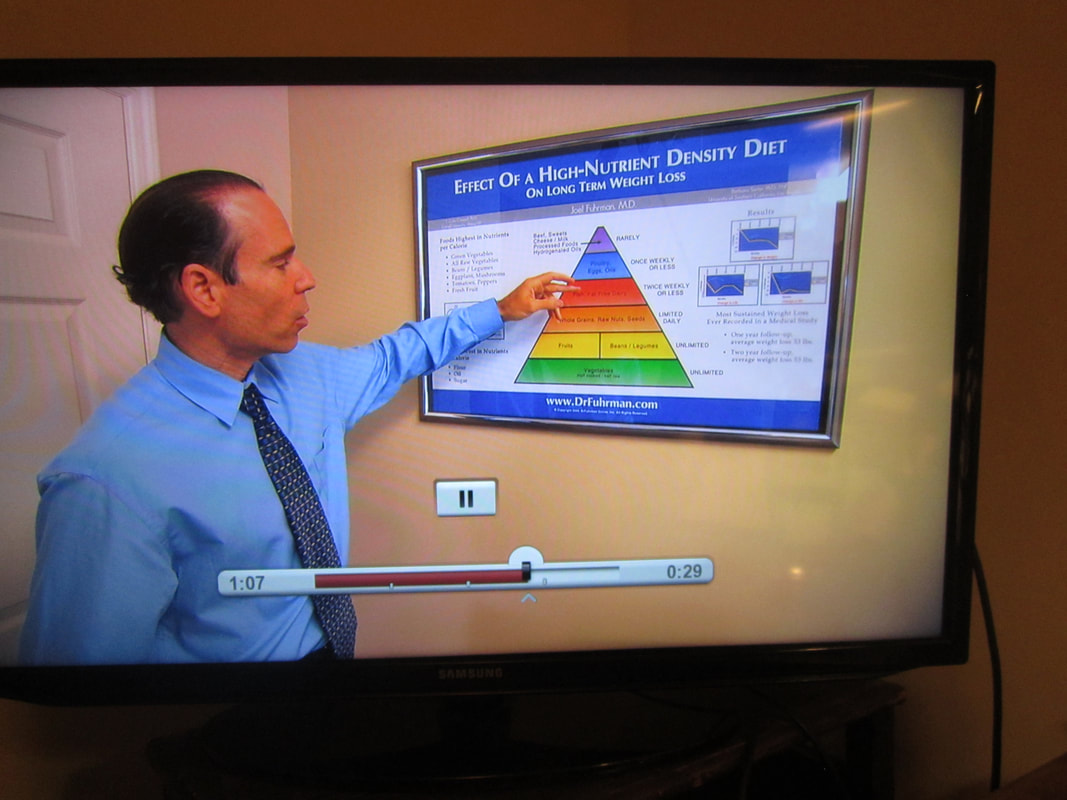
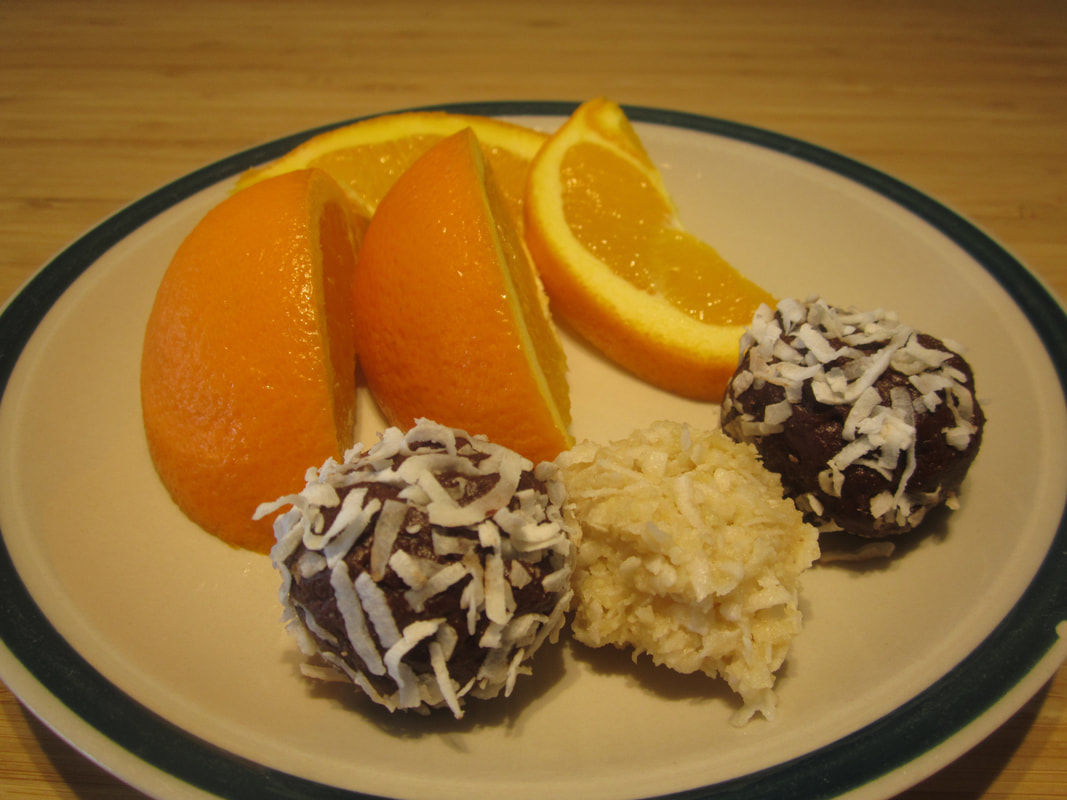



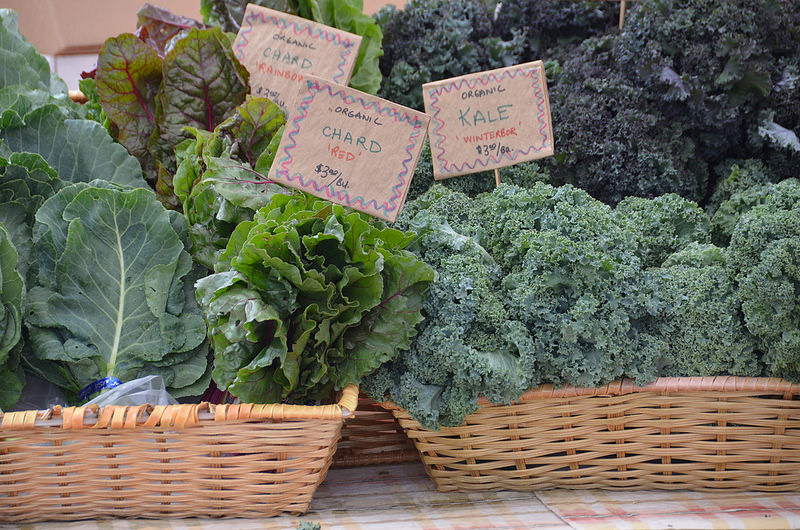
 RSS Feed
RSS Feed